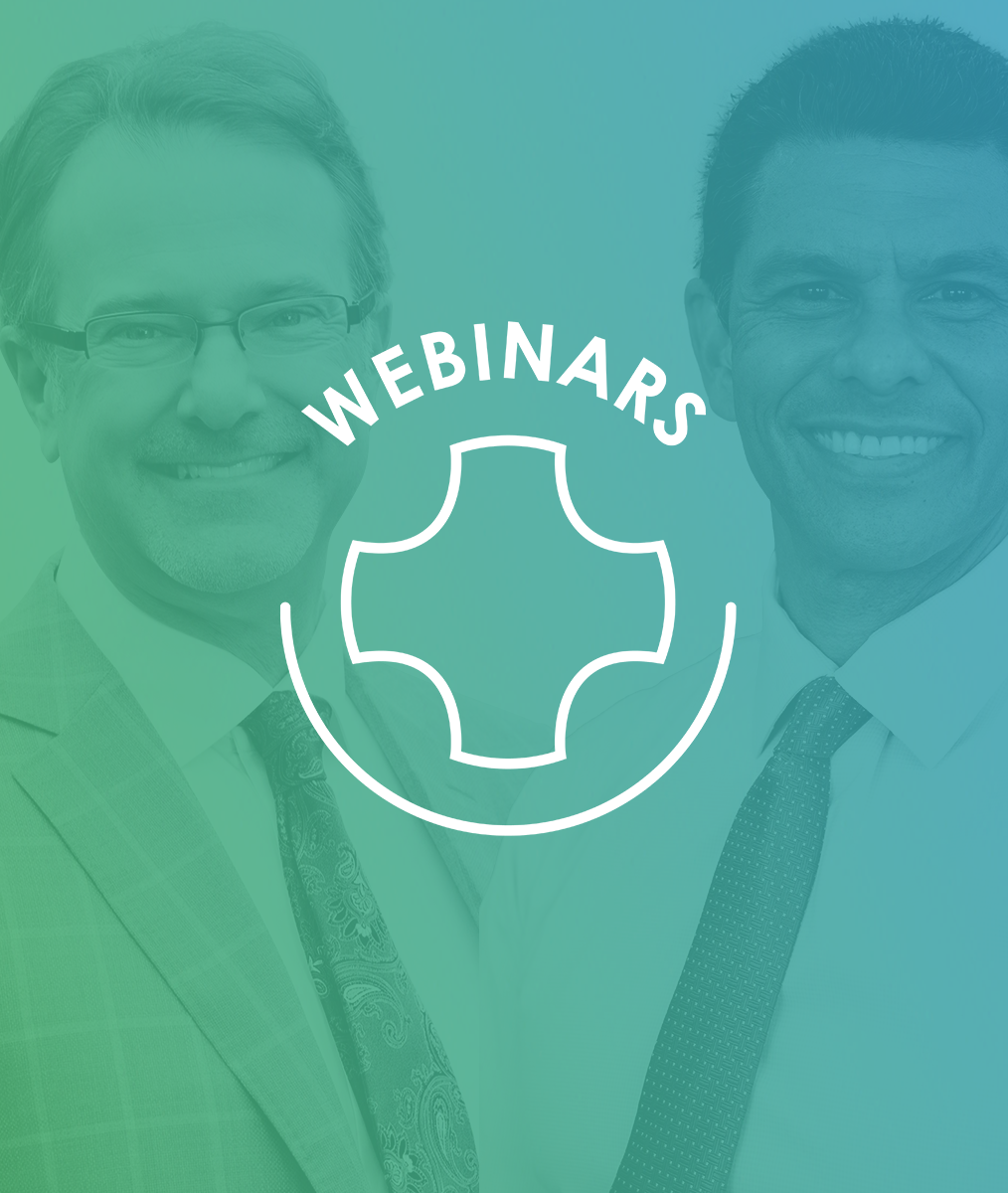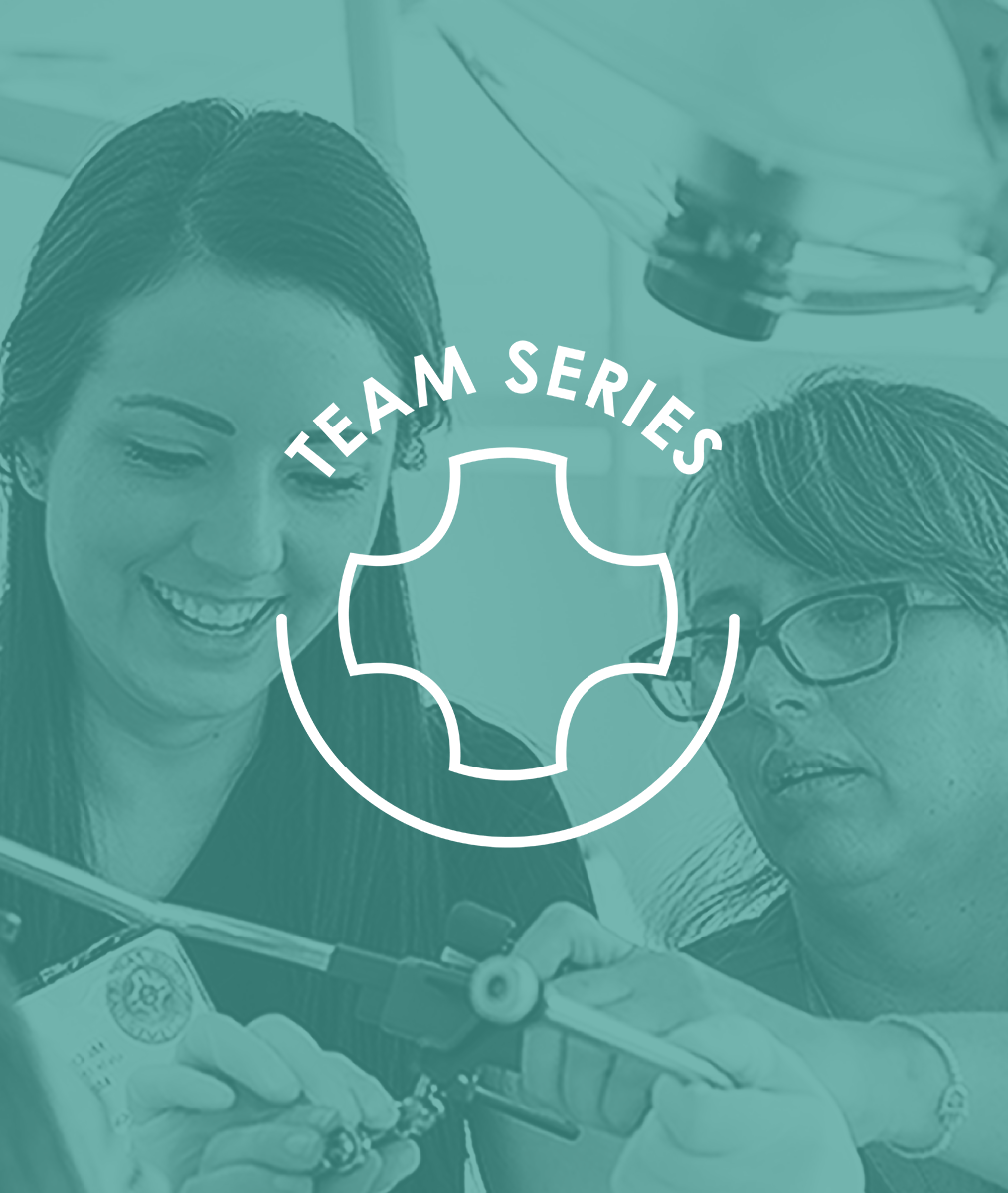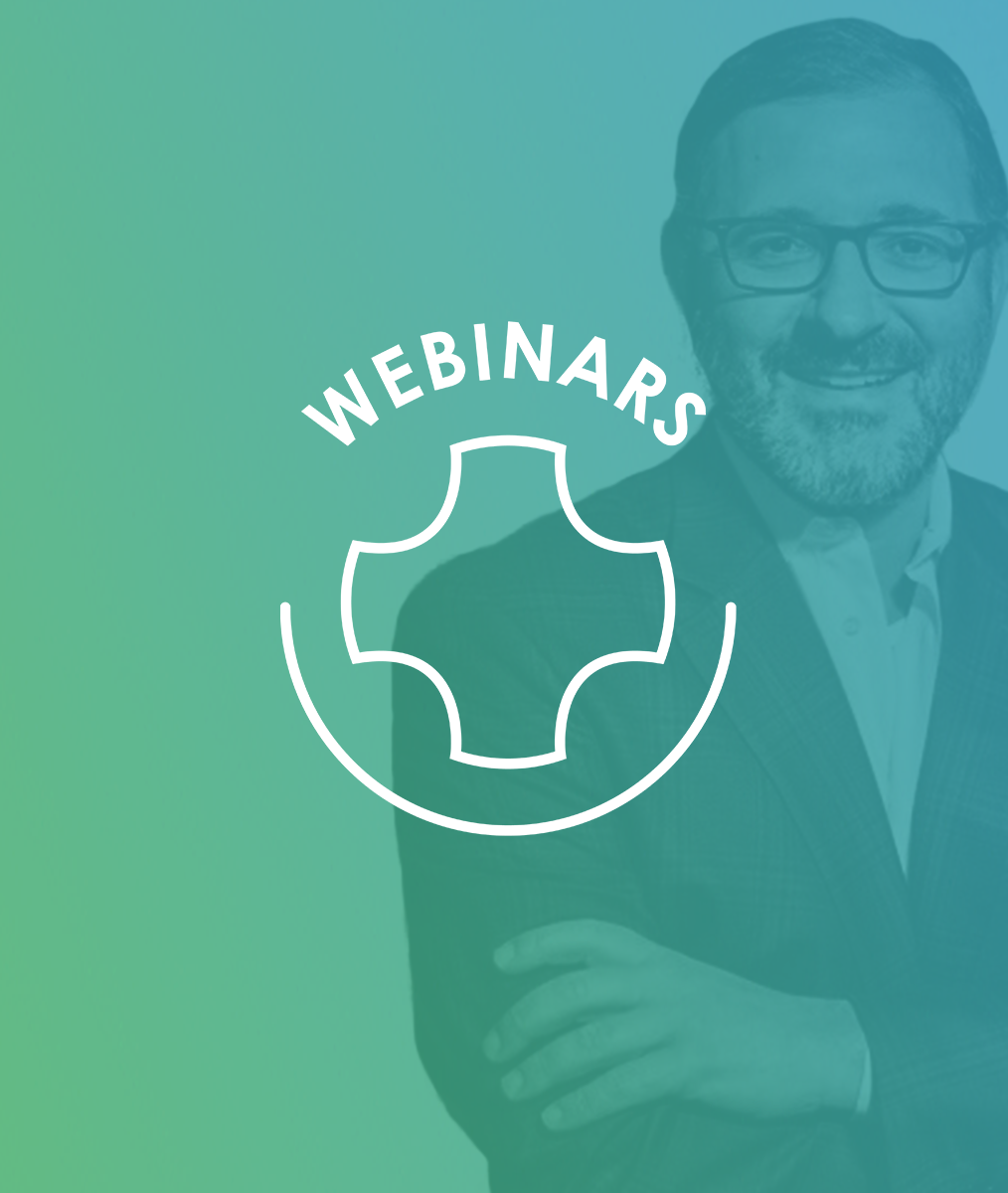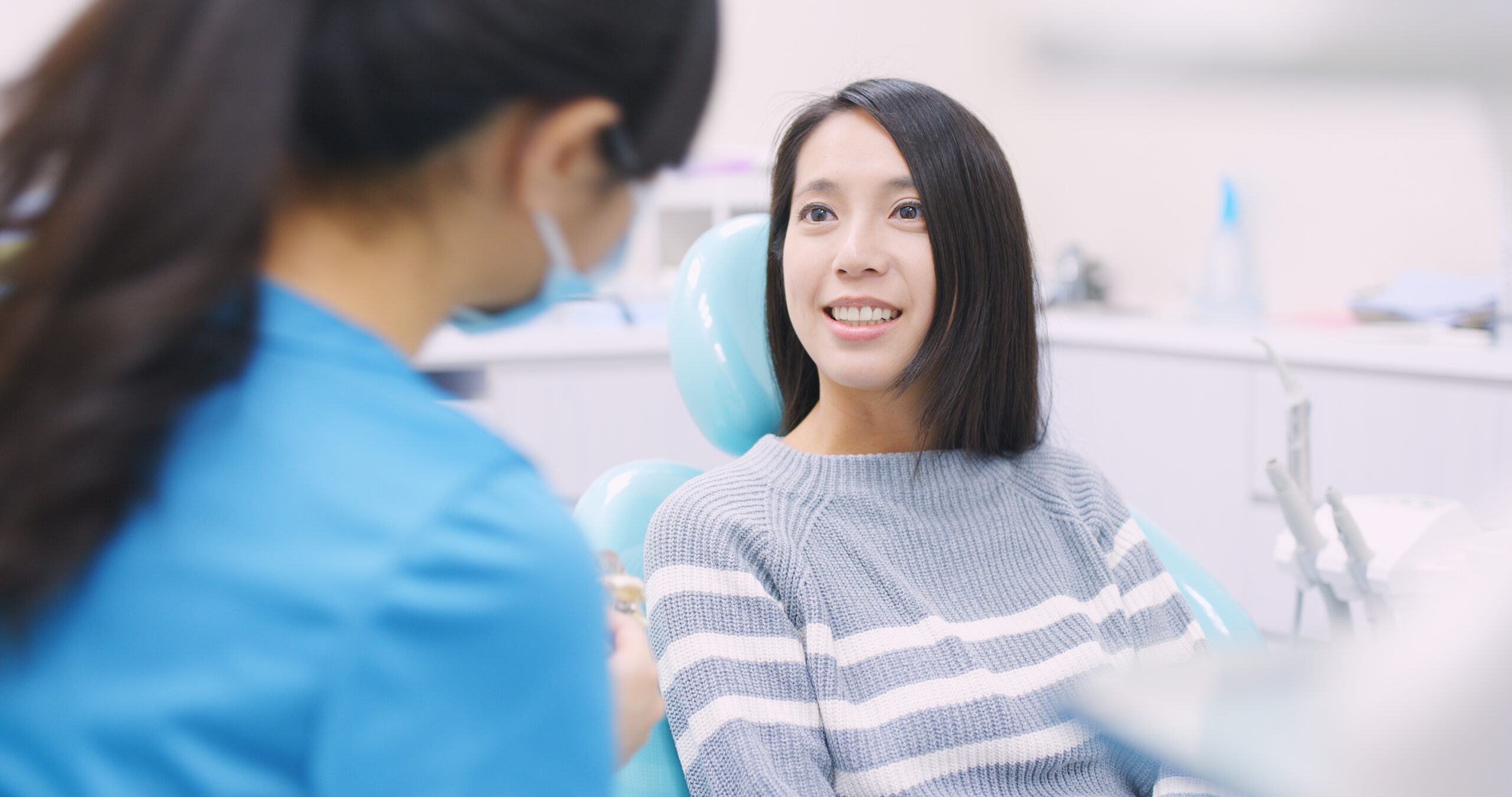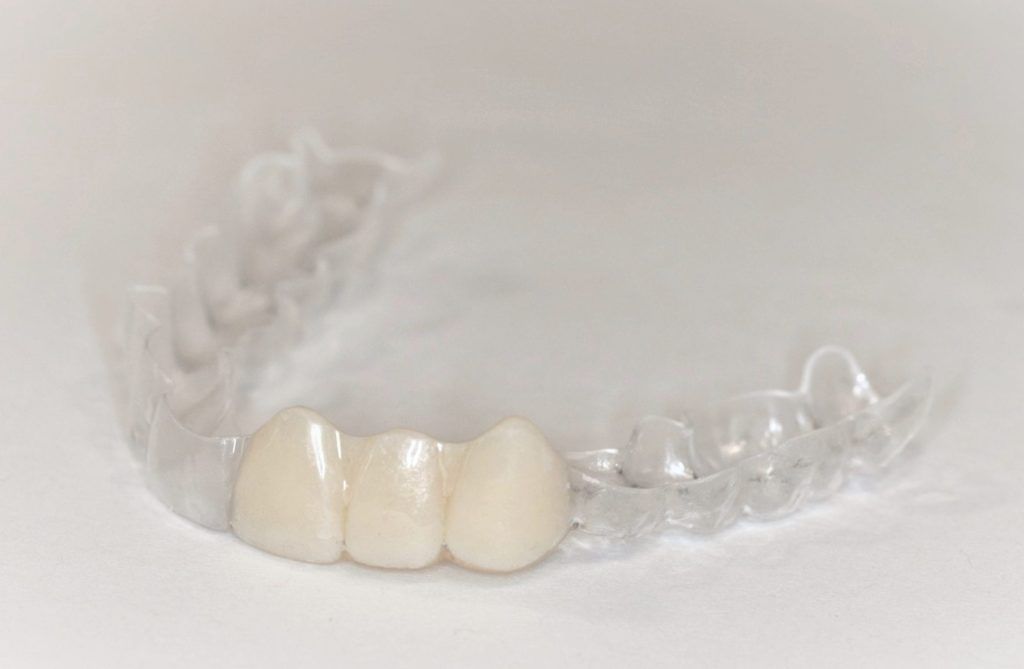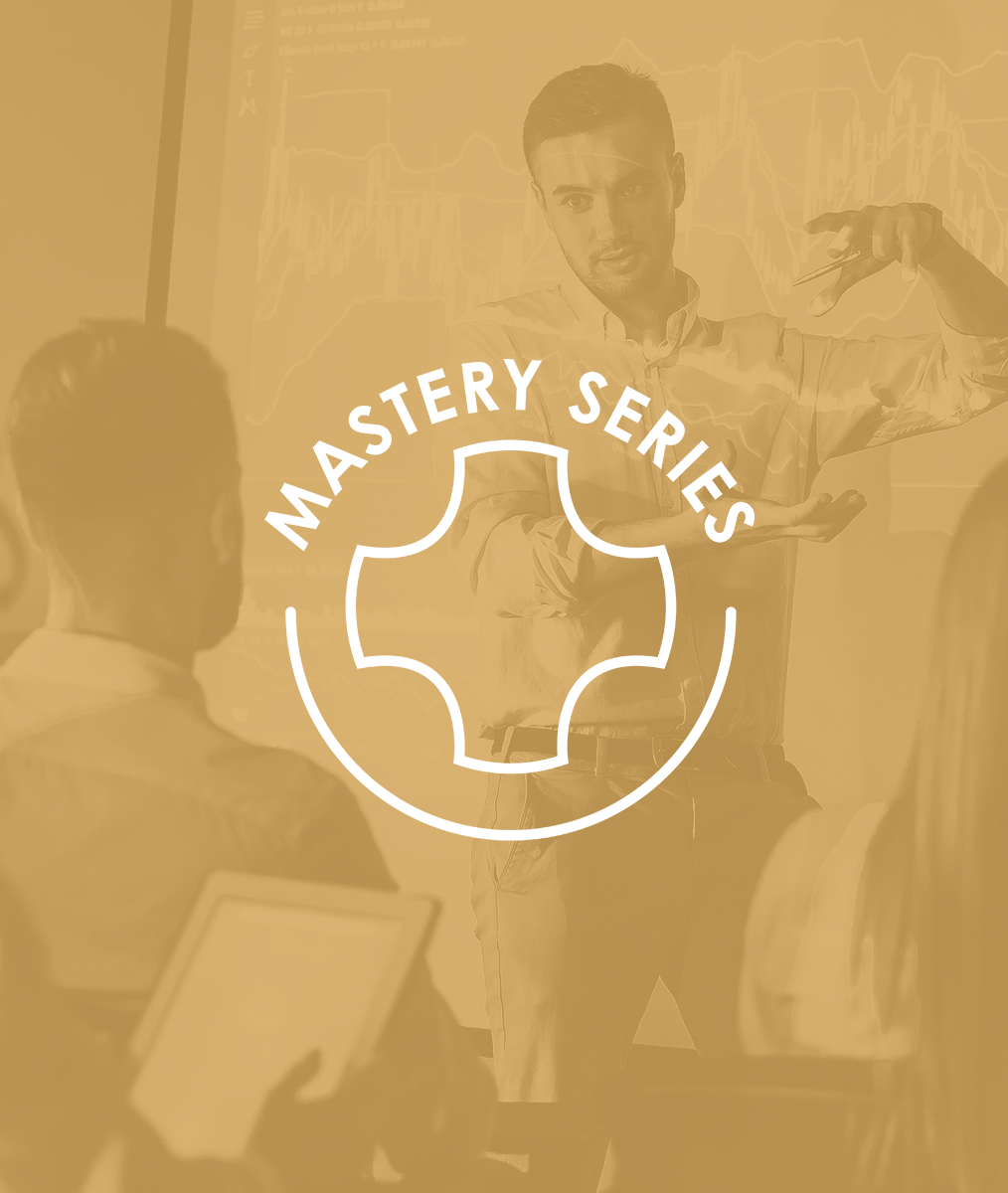Partnering in Health Part 4: Our Questions Shape the Conversation
By Mary Osborne, RDH
The questions we ask on a health history form have more to do with disease history than health history, right? The focus is on disease right away. I like to shift that focus to health by saying, “I see that you’ve filled out this history and I’d like to talk to you about specifics, but I wonder if we can begin by you telling me a bit about your health in general? How healthy do you think you are?”
I have found that if I start with health, I’m more likely to have a patient talk about health. If a patient says, “I think I’m pretty healthy,” I can ask, “What do you do to take care of yourself?” I can relate by acknowledging that I am trying to take better care of myself and how it isn’t always easy. Or I can pick up on something that is important to the patient, such as a concerted effort to get enough sleep or stick to healthier foods or to bicycle many miles a week. I can say, “Tell me more about that. It sounds like you feel better when you do that.”
The questions you ask shape the conversation. And by the way, that does not just apply to reviewing a health history with new patients. It applies to every single interaction, with every single patient, with everyone on the team.
When someone comes for their routine hygiene check, I might ask about their recent vacation or how their kids are doing, but I also always ask questions that open a conversation about health. Instead of starting with, “Have there been any changes in your health history since I last saw you?” I like to ask, “How has your health been since I last saw you?” Instead of asking, “Have there been any dental problems that you want us to pay attention to,” I ask, “What have you been noticing about your teeth recently? What are you noticing when you brush or when you floss?”
We have to deal with disease. That’s a part of our job but moving toward health is more enriching. It’s positive.
If you want to be seen as a partner in health, then moving the conversation in the direction of health is much more powerful than focusing on disease. The truth is everyone has a personal health story. There are things they are happy about and things they are sad about. When we take a little time to explore that story with questions, we and our patient gain insight into their experiences, attitudes, and feelings about their health. We and our patient get a better understanding of their motivations and the strategies they employ to become healthier. If we invite them to share their perspective with us, they will be more willing to hear our perspective, and we can extend an invitation: “Would you like to hear my perspective about that?”
I recognize that inviting and engaging the patient in expanded conversations about their health may take a little more time, but it is effective time. Over the years, I noticed that when I thought I was being most efficient, I was generally being less effective. And in the long run, I ended up spending more time understanding what the problem was and trying to give more information without getting enough feedback to know if I was being heard or influencing the patient.
One of my favorite things to hear from a patient is “You know, I never thought about that before.” I remember a woman who told me that she had been a smoker, but she had quit smoking. And I asked her how she did that. What prompted her? She said it was when her daughter was born that she realized that she didn’t want the smoke around her daughter. In her health review and preclinical conversation, she mentioned one of the things she did for exercise was tap dancing lessons, so I asked her how she got into that, and she said, “I figured I could spend time with my daughter, get exercise myself, and set a good example for my daughter. Wow, I guess my daughter is really a good influence on my health, isn’t she?”
Those are the light bulb moments that light up my day.
Related Course
The Intentional Hygiene Exam
DATE: September 5 2024 @ 8:00 pm - September 5 2024 @ 9:00 pmLocation: Online
CE HOURS: 1
Date: September 5, 2024 Time: 8 – 9 pm ET Speakers: Michael Rogers DDS & David Gordon DDS Description: Is your hygiene program an interruption to your day? Or is…
Learn More>






